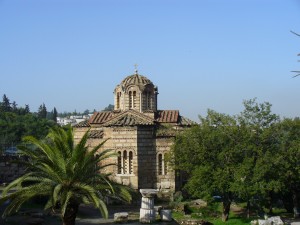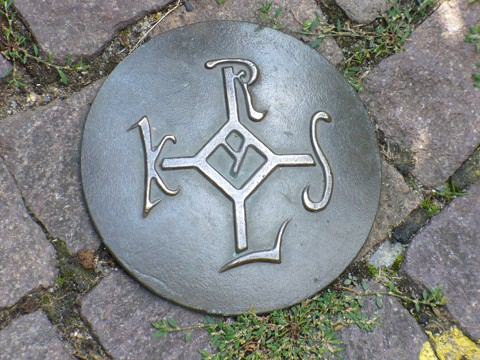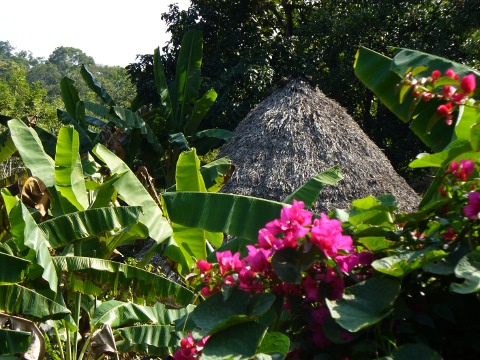 It is always fascinating to me how different words and phrases in scripture will catch my attention when I read a passage in a different language. I don’t know how many times I’ve read I Peter in English before, but today as I read it for the first time in Greek, a word in chapter 1, verse 18 stuck out to me. The verse reads thus:
It is always fascinating to me how different words and phrases in scripture will catch my attention when I read a passage in a different language. I don’t know how many times I’ve read I Peter in English before, but today as I read it for the first time in Greek, a word in chapter 1, verse 18 stuck out to me. The verse reads thus:
“…οὐ φθαρτοῖς, ἀργυρίῳ ἢ χρυσίῳ, ἐλυτρώθητε ἐκ τῆς ματαίας ὑμῶν ἀναστροφῆς πατροπαραδότου…”
The English Standard Version says “you were ransomed from the futile ways inherited from your forefathers, not with perishable things such as silver or gold.”
As you may be aware, words carry connotations that are unique to every person. This does not usually hinder understanding of scripture, and in English I can understand the verse just fine. But in Greek, when I read the word πατροπαραδότου, I thought about the word that it is derived from: παράδοσις, or “tradition.” My mind wandered to παραδοσιακές τυρόπιτες, traditional Greek cheese pitas (not so relevant), but then I thought of the traditional culture and religion of the Greeks.
Read More


